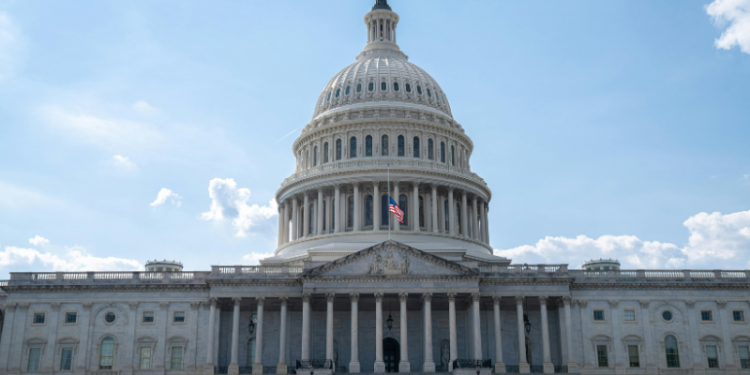President Donald Trump issued a sweeping pardon to almost all individuals charged in connection with the January 6, 2021, attack on the U.S. Capitol. The decision, announced shortly after his inauguration on Monday, January 20th, fulfills a campaign promise to support his allies and supporters who faced legal consequences stemming from the riot.
The pardon effectively absolves legal consequences for over 1,500 of the 1,590 individuals charged, with the remaining exceptions—including members of the Proud Boys and Oath Keepers—having their sentences commuted for early release. Trump also instructed the Department of Justice to drop all pending cases against the January 6 defendants. During the announcement, Trump criticized the treatment of these individuals, stating, “These people have been destroyed. What they’ve done to these people is outrageous.”
The decision has sparked significant controversy. Critics, including former House Speaker Nancy Pelosi, condemned the pardons as an insult to law enforcement officers and the justice system. “It is shameful that the President has decided to make one of his top priorities the abandonment and betrayal of police officers who put their lives on the line to stop an attempt to subvert the peaceful transfer of power,” Pelosi stated.
The clemency order also highlighted Trump’s claim that the prosecution of January 6 participants represented a “grave national injustice.” According to the White House, the pardons are part of a broader initiative to “end the weaponization of the federal government” and foster “national reconciliation.” Legal analysts argue, however, that this act could encourage future instances of political violence.
The pardon recipients include Enrique Tarrio, former leader of the Proud Boys, whose 22-year sentence for seditious conspiracy was nullified. Other pardoned individuals include those convicted of using weapons and chemical agents against Capitol police, which injured approximately 140 officers. Additionally, Stewart Rhodes, the former leader of the Oath Keepers, had his 18-year sentence commuted and will be released.
While some praise the move as an act of compassion for those they believe were politically targeted, others view it as a dangerous precedent. Critics argue that it undermines accountability for violence at the Capitol, during which four individuals died, five officers later succumbed to various causes, and significant damage was inflicted on federal property.
With this decision, Trump concluded what federal officials called the largest investigation in Justice Department history. The controversy surrounding these pardons underscores the stark divisions in public opinion about the events of January 6 and the handling of their aftermath.









